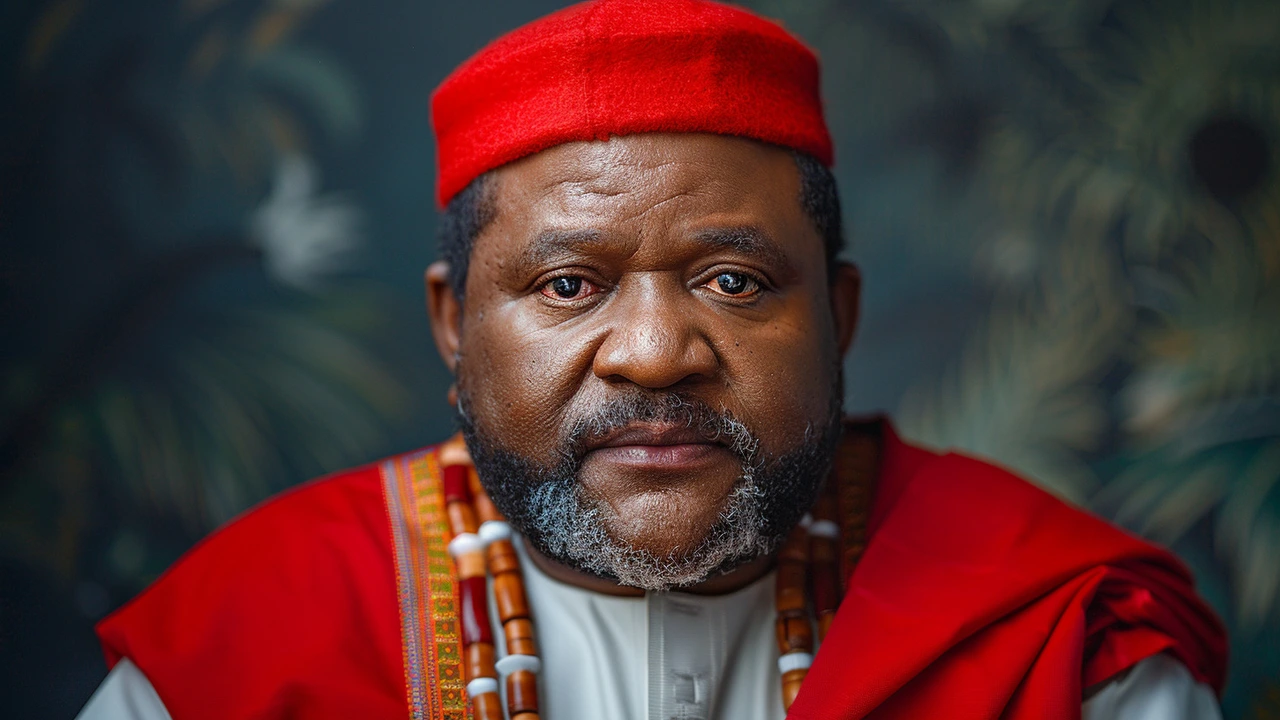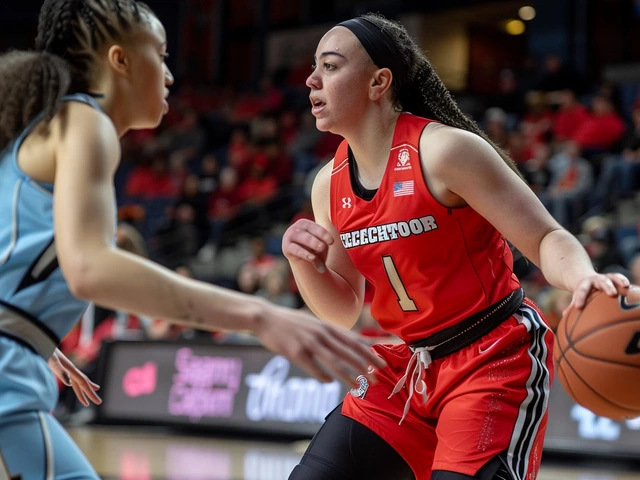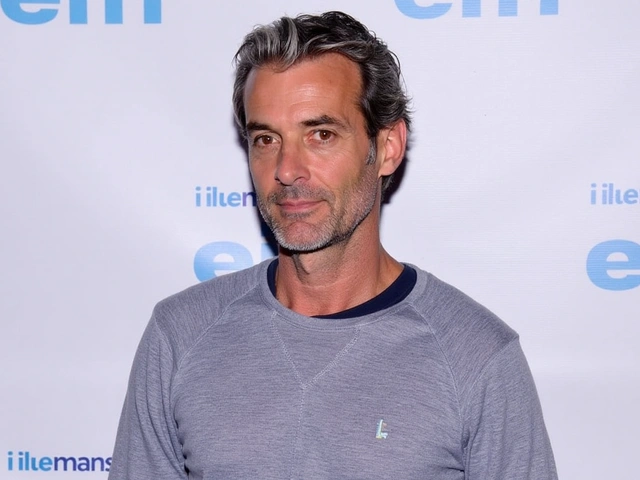Understanding Cultural Traditions and Why They Matter
Ever wonder why people around the world celebrate certain festivals or hold specific rituals? That’s cultural traditions at work—they’re the stories, customs, and habits passed down through generations that shape a group's identity. These traditions do more than just mark special occasions. They keep community bonds strong, teach values, and create a sense of belonging.
Whether it’s the colorful dances in Brazil during Carnival or the moon sightings determining Ramadan’s end across different countries, cultural traditions vary widely but share a common goal: connecting people with their history and each other. They reflect both the uniqueness and the shared human desire to celebrate life and honor the past.
How Traditions Shape Our Lives Today
Think about how holidays and family rituals influence your year. Traditions provide a familiar rhythm, a way to pause and reflect amid busy lives. Often, they open doors to understanding how people in other regions live and think. For example, the way Eid al-Fitr is celebrated differently because of moon sighting practices shows how a single tradition adapts to local beliefs and environments.
In modern times, preserving these traditions isn’t just about looking back—it helps communities grow. They inspire art, music, dance, and even influence sports and politics, shaping society’s broader culture. By appreciating these customs, we respect diverse viewpoints and learn from each other.
Joining in and Keeping Traditions Alive
Want to experience cultural traditions yourself? Start by exploring local events or global celebrations online. Sharing stories or trying traditional foods can be a fun way to connect. Remember, traditions thrive when we pass them on with pride and also embrace change where it makes sense. So, dive into cultural practices around you—not just to watch, but to understand what makes a community tick.
Cultural traditions are living, breathing parts of our world. They tell us where we come from and light the path forward by reminding us how we’re all linked through shared human experiences.





